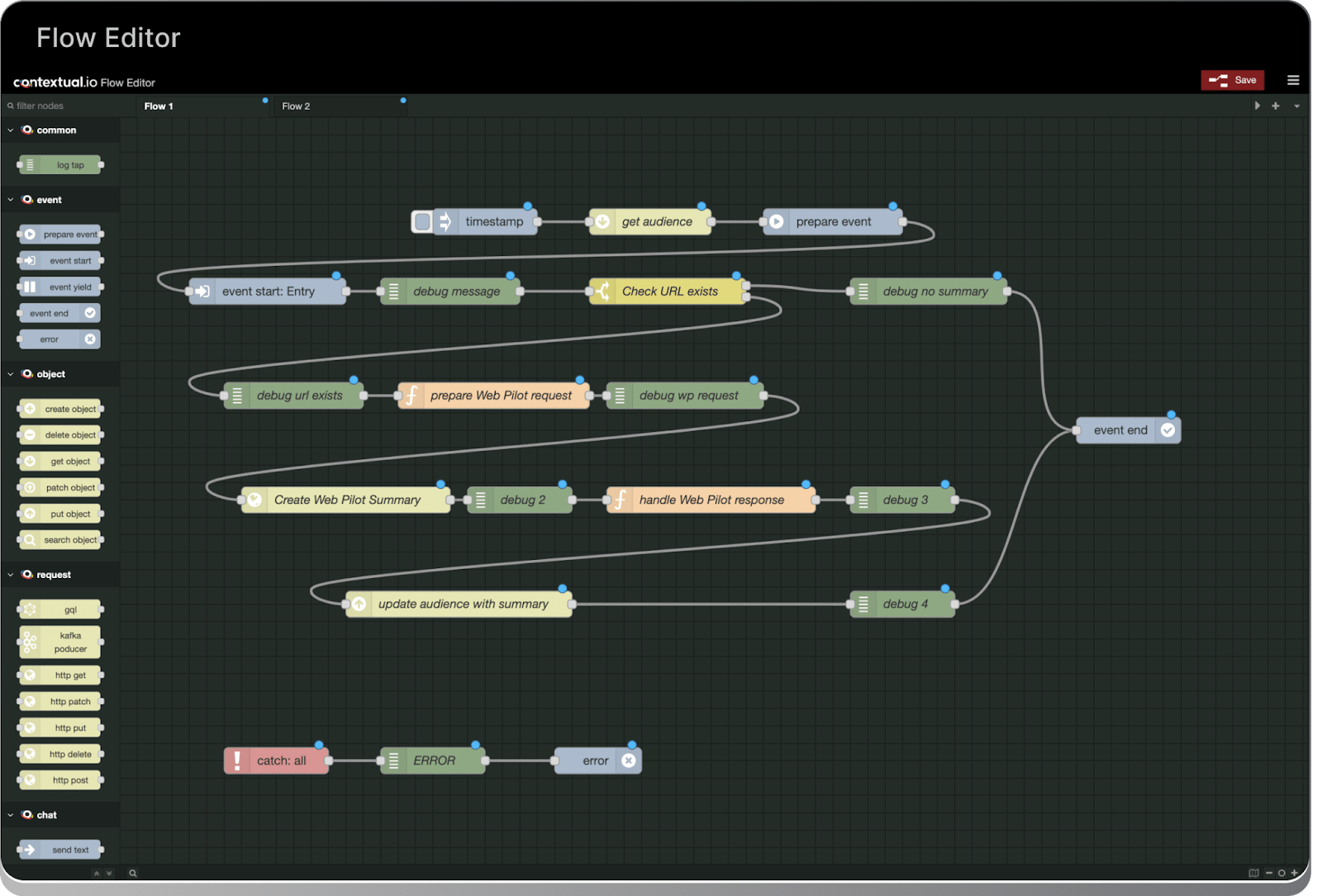Artificial Intelligence (AI) is rapidly advancing, and while it may not directly affect some people, this doesn’t diminish its impact on businesses and different industries. Several companies have been slowly navigating and integrating AI into their operations, which raises the question: Will AI take over human jobs?
Let’s take a closer look at AI’s impact on software development. As AI continues to evolve, it is not just automating routine tasks but also revolutionizing software development, with low-code platforms at the forefront of this transformation.
Traditionally, software development has been labor-intensive, requiring highly skilled developers to write extensive lines of code. However, introducing low-code platforms has democratized software development, enabling even those without extensive programming knowledge to create sophisticated applications. These platforms provide a visual interface where users can drag and drop components and see how the software is assembled, significantly reducing the time and effort required to develop applications.
But the real game-changer is the integration of AI into these low-code platforms. AI-powered tools are enhancing the capabilities of low-code platforms by automating various aspects of software development, making the process even more efficient and accessible.
The Role of AI in Software Development
AI is transforming software development in several ways. One of the most significant changes is the introduction of AI-assisted development tools. These tools leverage machine learning models trained on vast amounts of code to provide developers with suggestions, automate code generation, and even detect and fix bugs. For instance, Microsoft’s Visual Studio Code has integrated AI features that assist developers by providing code completions, suggesting improvements, and identifying potential issues in real time.
Moreover, AI is not just assisting in code writing; it is also beginning to take over the development process itself. With the advent of AI orchestration platforms, like those offered by companies such as Contextual, AI can now build entire software systems. Business users can interact with AI to define their requirements, create tests, and deploy solutions—all without writing a single line of code. This shift marks a significant step towards a future where the role of human developers may become more about oversight and less about hands-on coding.
The Intersection of Low-Code and AI
The integration of AI with low-code platforms is creating a powerful synergy. Low-code platforms, which are already making software development more accessible, are being supercharged by AI. This combination enables users to develop applications faster and more complexly than ever.
One key advantage of this integration is the ability to automate repetitive tasks. AI can generate code snippets, suggest optimizations, and even automate testing. This speeds up development and reduces the likelihood of human error. Additionally, AI can analyze vast amounts of data to identify patterns and make predictions, allowing developers to create more intelligent and responsive applications.
For example, a developer using a low-code platform with AI capabilities can build a complex data-driven application in a fraction of the time it would take using traditional methods. The AI can handle the heavy lifting, such as data integration, processing, and analysis, while the developer focuses on refining the user experience and ensuring the application meets business needs.
The Implications for the Future of Work
The rise of low-code platforms and AI in software development is leading to a shift in the skills required for developers. While coding skills will remain valuable, the ability to work with AI and leverage low-code platforms will become increasingly important. Developers who can adapt to these new tools will be able to work more efficiently and create more sophisticated applications.
However, this shift also raises questions about the future of the software development profession. As AI becomes more capable, there is a growing concern that it could eventually replace human developers altogether. In a 2023 survey by Resume Builders, 53% of the companies already use AI, and 83% shared that employees with AI skills will definitely have more job security.
This is just one of the implications of developers’ evolving roles, and those who fail to adapt may find themselves left behind.
At the same time, the democratization of software development through low-code platforms is opening up new opportunities for non-developers. Business analysts, project managers, and even end-users can now create and deploy applications, blurring the lines between developers and users.
The intersection of low-code platforms and AI is ushering in a new era of software development. As these technologies continue to evolve, they make software development faster, more accessible, and more efficient. This presents both an opportunity and a challenge for developers: embrace these new tools and become more productive, or risk being left behind.
The landscape of software development will continue to change in the coming years. AI and low-code platforms will play a central role in this transformation, enabling organizations to innovate faster and stay competitive in an increasingly digital world. Contextual understands this and is already integrating AI into their AI orchestration platform. If you want to learn more, schedule a free brainstorming session here.
Published by: Holy Minoza










